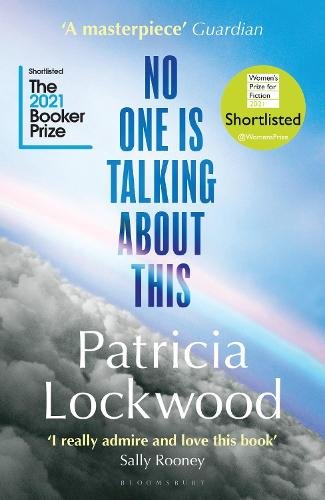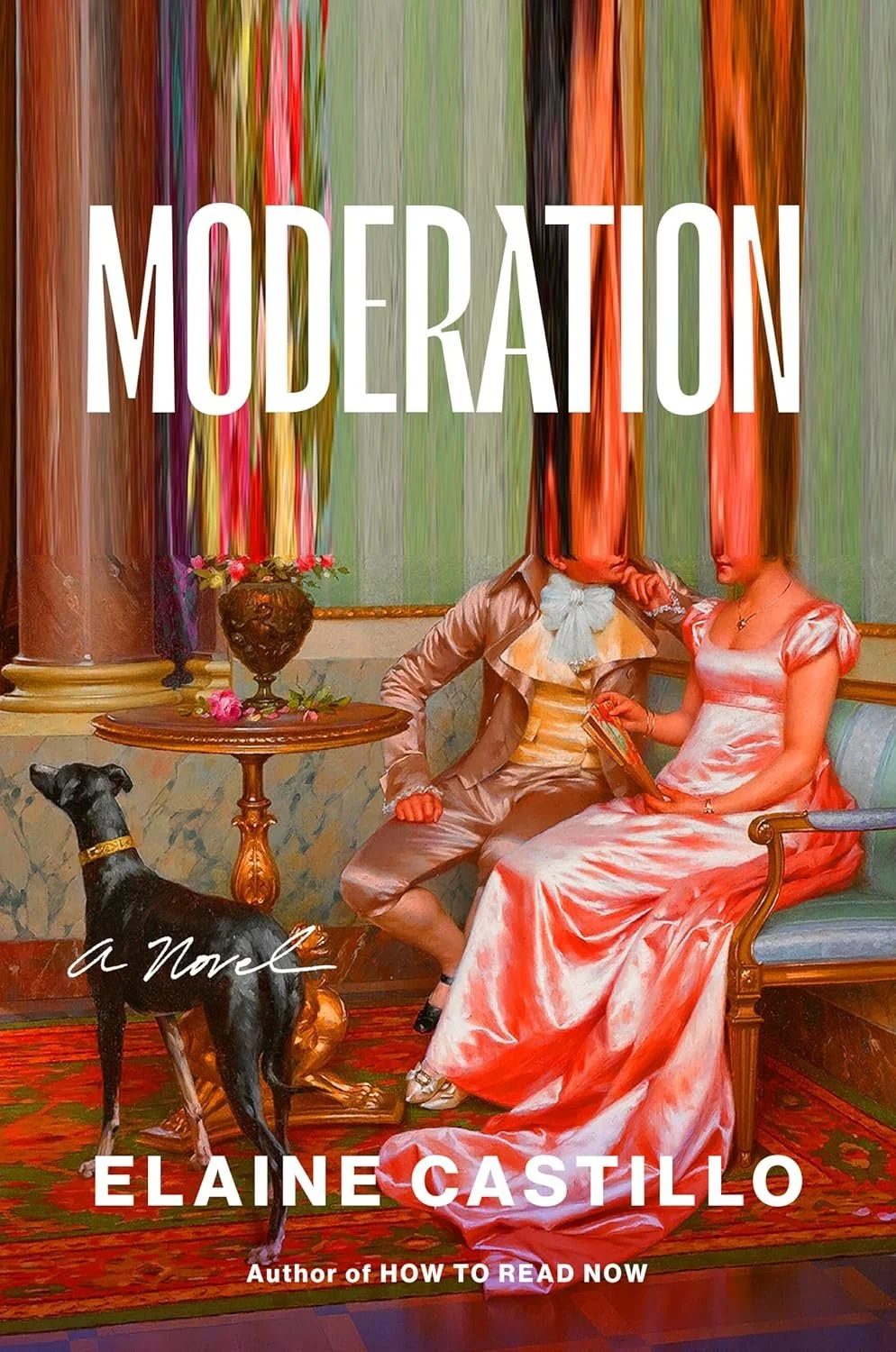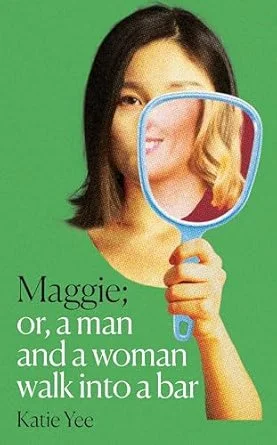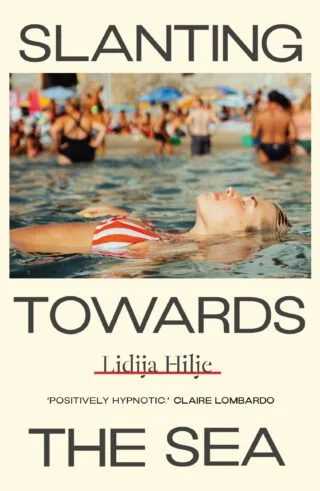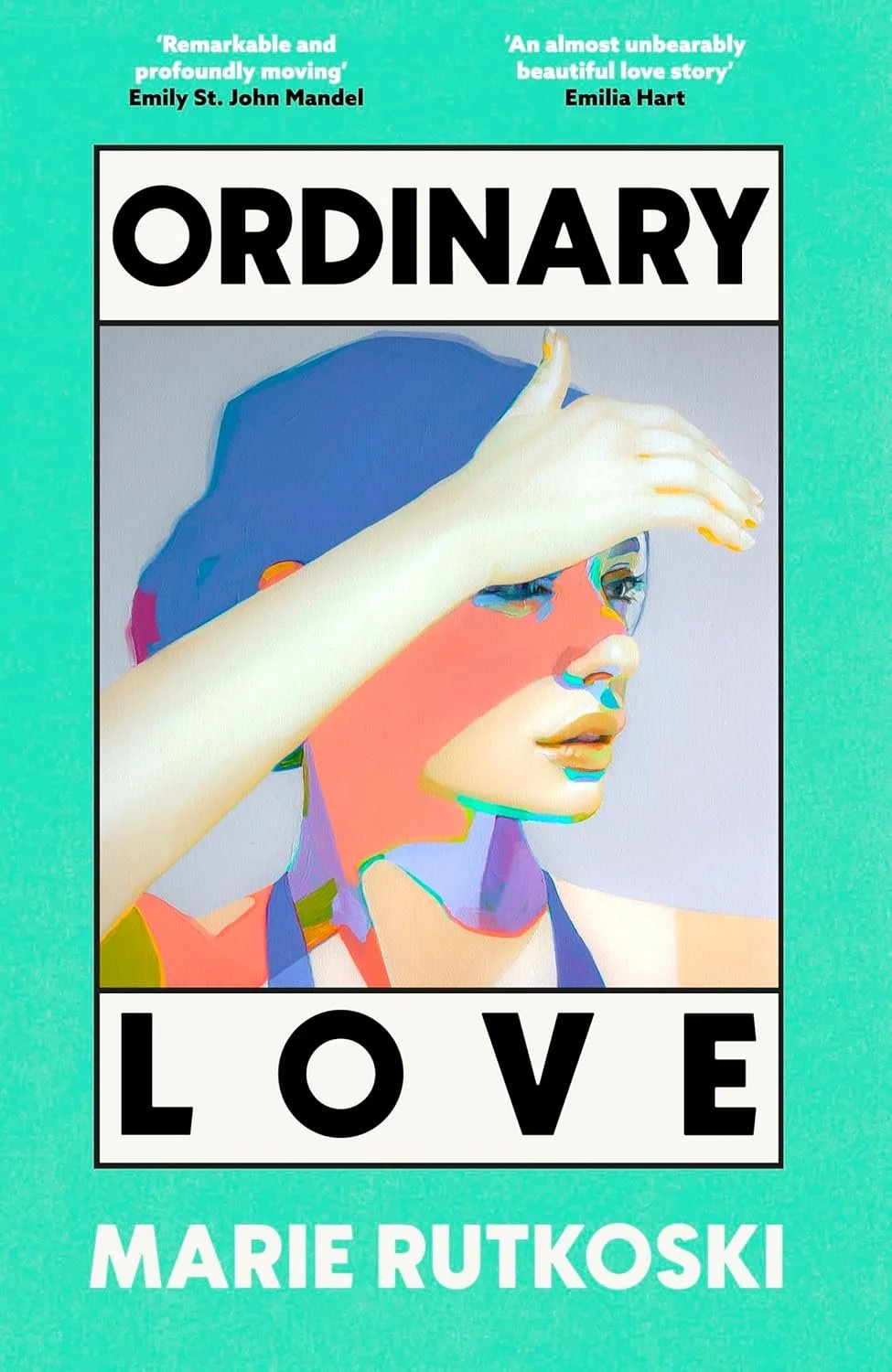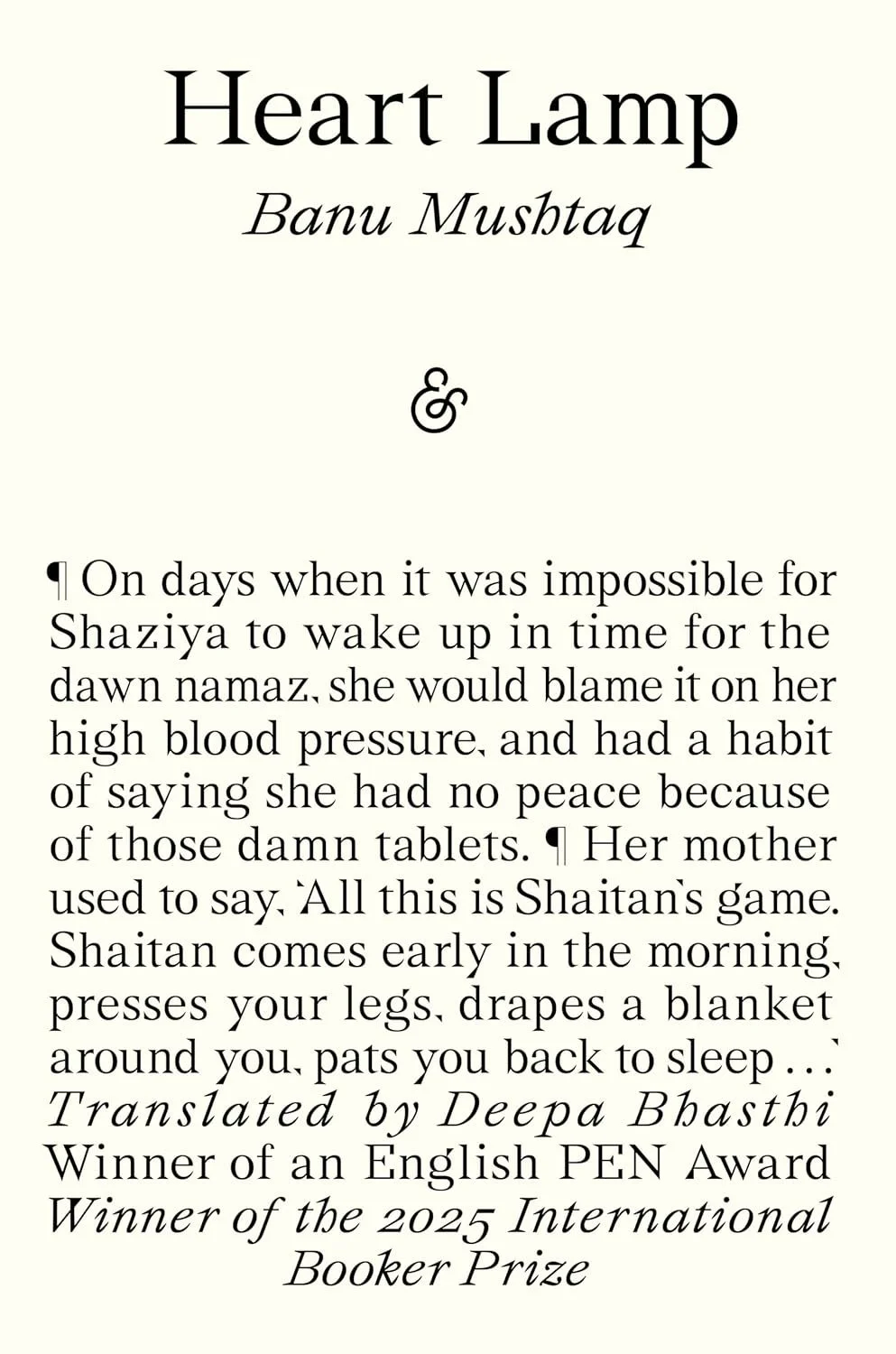No One is Talking About This, Patricia Lockwood
‘Suddenly, her life is not an infinite online world – it is confined to a few people, in real life, in a small town. As real life collides with the ‘portal’, she is confronted by a world that does in fact contain empathy and tenderness.’
As someone who spends a lot of time online for work and pleasure, I was a little sceptical to read ‘No One Is Talking About This’.
The book is, in some ways, an attempt to understand the damage that can be done to creative minds after excessive time and exposure to the internet, succumbing to the ‘infinite scroll’. The book asks the question, “is there life after the internet?”
The novel follows a protagonist who is ‘extremely online’ or extremely immersed in ‘the portal’, as it is referred to. She is a clever, funny and striking character who has become famous for her presence online. A writer who is celebrated for her tweets - much like Lockwood herself.
The first half of the novel feels as though you are endlessly scrolling. It is largely made up of short, brief, tweet-length passages. They don’t seem to have any relation to one another, they are sporadic, in note-form, sophisticated and sometimes, really funny. It sounds strange but it seems to work and really did keep me entertained.
The second half of the novel is more of a ‘book’ and is raw with emotion. The story shifts as the protagonist receives a text: ‘something has gone wrong’. Suddenly, her life is not an infinite online world – it is confined to a few people, in real life, in a small town. As real life collides with the ‘portal’, she is confronted by a world that does in fact contain empathy and tenderness. She knows the online sphere has no space for grief and loss, and this is where the understanding of the title comes into play:
“Why doesn’t everyone talk about the things that matter and change the lives of others?”
The book talks in the voice of the internet and some may say that a ‘good novel’ would not speak in this way, it would speak over it. I however, disagree because to me, this feels like a brilliant and timely book that reflects the world we are now living in. And, nowadays, what makes a ‘good novel’? Much like the internet, anything goes.
Featured in Reflection Issue
